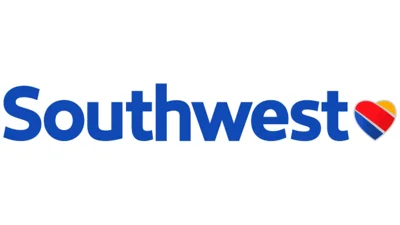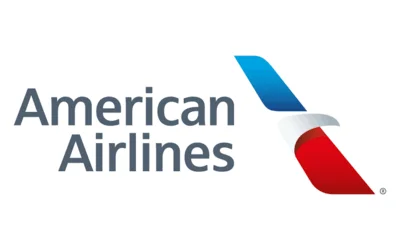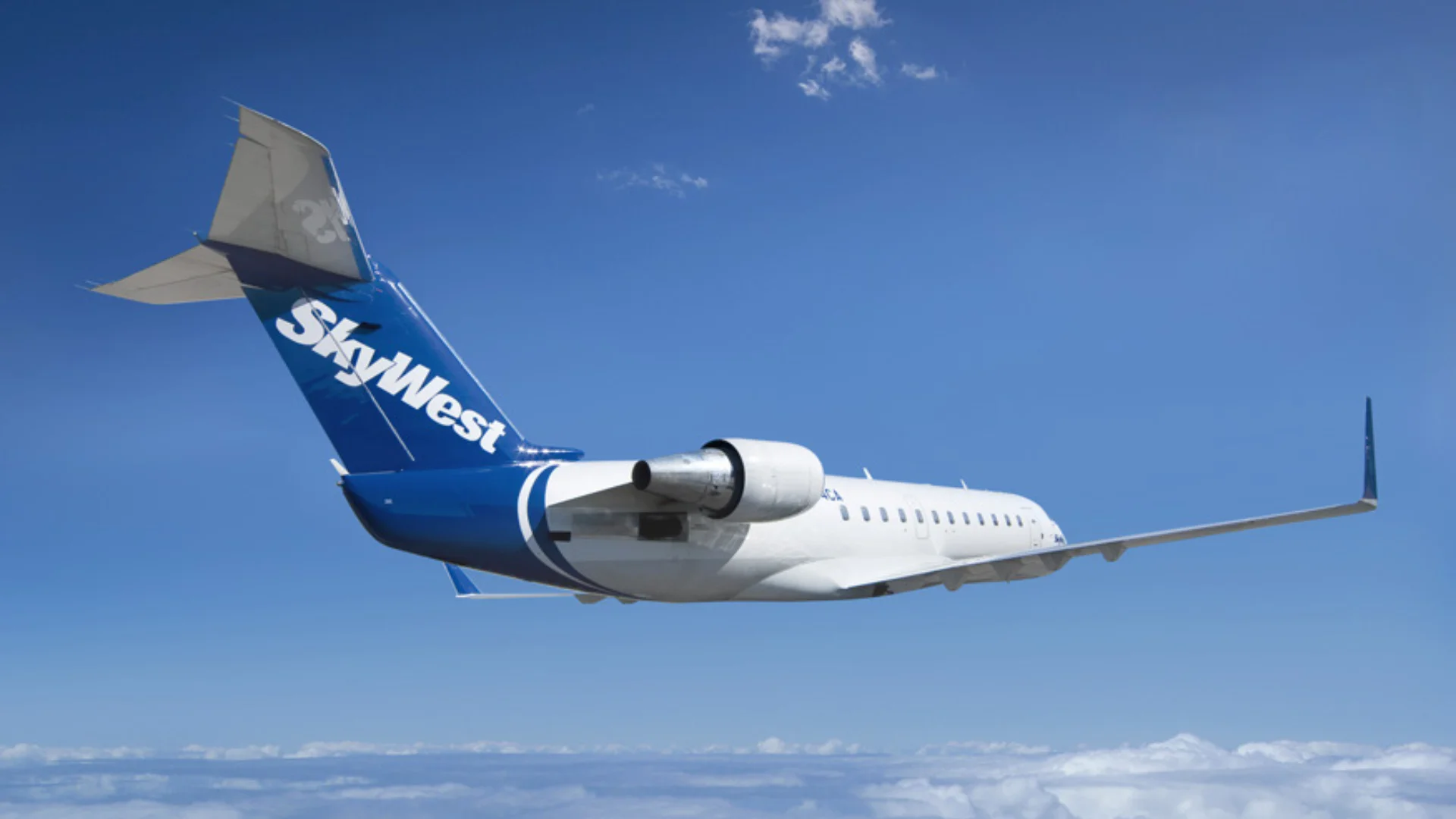The OIG noted that problems remain with how SkyWest manages remote return-to-service maintenance. This process uses centralized technicians at its Utah base who advise on field repairs rather than relying on on-site staff. Additional concerns include CMO leaders advising methods not present in official guidance and frequent leadership turnover within the Certificate Management Office (CMO), which has caused loss of institutional knowledge and poor communication. The Safety Assurance System database was also criticized because it does not let inspectors fully document their actions as required by agency guidelines.
The OIG cited several unresolved concerns: deferring minimum equipment list items, dispatching planes without necessary inspections, and assigning pilots maintenance tasks outside approved procedures. Although inspectors raised these issues, “the agency did not initiate a systemic risk review for two years.” Inspectors also reported delays in accessing data from SkyWest; over one quarter of information requests were late—sometimes by up to 120 days.
SkyWest operates flights for American Eagle, Delta Connection, United Express, and Alaska Airlines. Last year it averaged about 2,190 daily departures using nearly 500 aircraft.
The OIG report stressed that lessons learned from this case should inform oversight across all U.S. carriers: “a failure to do so could 'undermine the safety and reliability' of the entire industry.”
Seven recommendations were made to address these gaps:
1. Provide training on identifying and resolving systemic hazards.
2. Set clear rules for timely access to air carrier data.
3. Issue formal guidance for consistent internal communication during key personnel changes.
4. Strengthen resolution processes within Compliance Action protocols.
5. Clarify when General Correspondence letters are appropriate instead of Compliance Action letters.
6. Improve identification and comprehensive resolution of repeat findings.
7. Update inspector training on categorizing actions in Safety Assurance System reports.
Six out of seven recommendations have already been accepted by the FAA and will be implemented by 2026 according to Reuters.
This scrutiny comes as public attention focuses on aviation safety following three fatal crashes this year—including American Airlines Flight 5342—and two private aviation incidents. The FAA attributes some shortcomings to chronic underfunding but recently received a $2.3 billion budget increase for fiscal year 2026 aimed mainly at addressing air traffic control staffing shortages.
 Alerts Sign-up
Alerts Sign-up




































